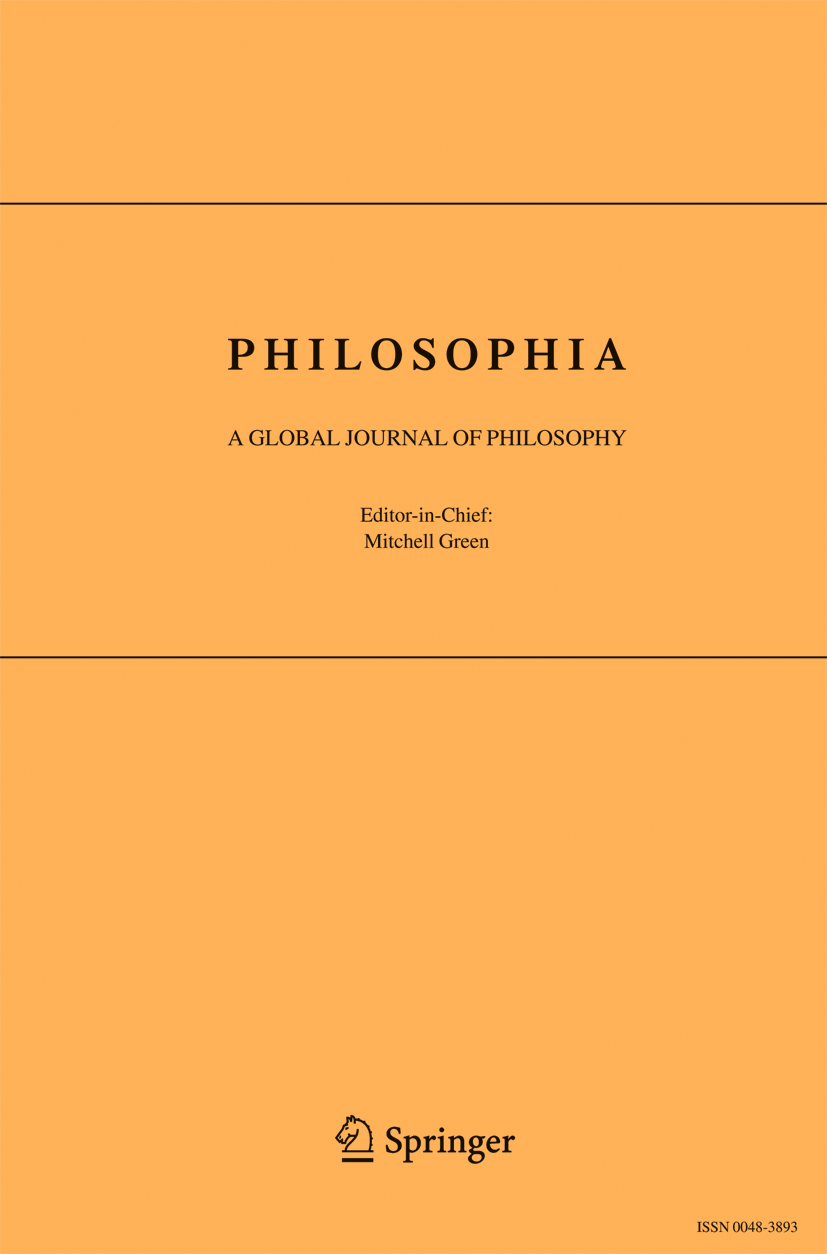raharris1973
Well-known member
Is it plausible that a failed glorious revolution or one that leads to a civil war with a royalist victory could result in a migration of protestants to america resulting in the establishment of an independent protestant state? what would be their form of government?
this state would be religiously extremist? would it be powerful? would be able to expand? What could be the consequences of its existence? (no USA, not french revolution?)
an independent Confederation of New England perhaps?
It probably wouldn't encapsulate the entirety of British North America - not Cavalier Virginia and other southern colonies for instance, but it could potentially include New York as well as Jersey. But the experience of self-government is there, and after the Dominion of New England (which the revolution would be, in large part, a revolt against), there would be a sense of common cause and a resentment of royal overreach. And perhaps, given the faster internal natural population growth in the New England/northern colonies compared with the southern plantation colonies because of the disease factor, independent New England/the North might overwhelm loyal Cavalier Virginia/Carolina.
Such a state would definitely throw off British designs on Canada, of course - though I doubt that the Confederation would be strong enough to push too far into French America either, so it would be interesting to see in what way, if at all, it expands.
By the way, even if such an early independent state could be endangered by foreign conquest - by Stuart England, by the French, or Dutch, I think an anti-Stuart early independent New England is far, far, far more plausible than the opposite alternative that has been proposed many times, the idea of the American colonies becoming the last refuge of the Stuarts or Jacobites.
I see that idea as daft for two reasons - firstly, because the most dynamic part of the American colonies, New England, was anti-Stuart and ultra-Protestant. Secondly, because the Stuarts would regard the American colonies of the 1600s (and Jacobites would regard that of the 1700s) as far too rustic and humble and insecure a location for their exile. It would be seen to be lacking the resources and amenities to provide for a proper court, and could not provide a base for a hoped for triumphant return to throne in England. Exile under the protection and patronage of a brother monarch in another European capital would be preferable in every way in terms of lifestyle and protection and proximity to the throne they desire to reclaim.
For the same reason, I am not a big fan of threads/scenarios where the French monarchy flees to Quebec or Montreal, or even worse, Louisiana, after a Republican revolution in Metropolitan France. I think such an exile would just be way too below the dignity of the French Bourbons.
this state would be religiously extremist? would it be powerful? would be able to expand? What could be the consequences of its existence? (no USA, not french revolution?)
an independent Confederation of New England perhaps?
It probably wouldn't encapsulate the entirety of British North America - not Cavalier Virginia and other southern colonies for instance, but it could potentially include New York as well as Jersey. But the experience of self-government is there, and after the Dominion of New England (which the revolution would be, in large part, a revolt against), there would be a sense of common cause and a resentment of royal overreach. And perhaps, given the faster internal natural population growth in the New England/northern colonies compared with the southern plantation colonies because of the disease factor, independent New England/the North might overwhelm loyal Cavalier Virginia/Carolina.
Such a state would definitely throw off British designs on Canada, of course - though I doubt that the Confederation would be strong enough to push too far into French America either, so it would be interesting to see in what way, if at all, it expands.
By the way, even if such an early independent state could be endangered by foreign conquest - by Stuart England, by the French, or Dutch, I think an anti-Stuart early independent New England is far, far, far more plausible than the opposite alternative that has been proposed many times, the idea of the American colonies becoming the last refuge of the Stuarts or Jacobites.
I see that idea as daft for two reasons - firstly, because the most dynamic part of the American colonies, New England, was anti-Stuart and ultra-Protestant. Secondly, because the Stuarts would regard the American colonies of the 1600s (and Jacobites would regard that of the 1700s) as far too rustic and humble and insecure a location for their exile. It would be seen to be lacking the resources and amenities to provide for a proper court, and could not provide a base for a hoped for triumphant return to throne in England. Exile under the protection and patronage of a brother monarch in another European capital would be preferable in every way in terms of lifestyle and protection and proximity to the throne they desire to reclaim.
For the same reason, I am not a big fan of threads/scenarios where the French monarchy flees to Quebec or Montreal, or even worse, Louisiana, after a Republican revolution in Metropolitan France. I think such an exile would just be way too below the dignity of the French Bourbons.





